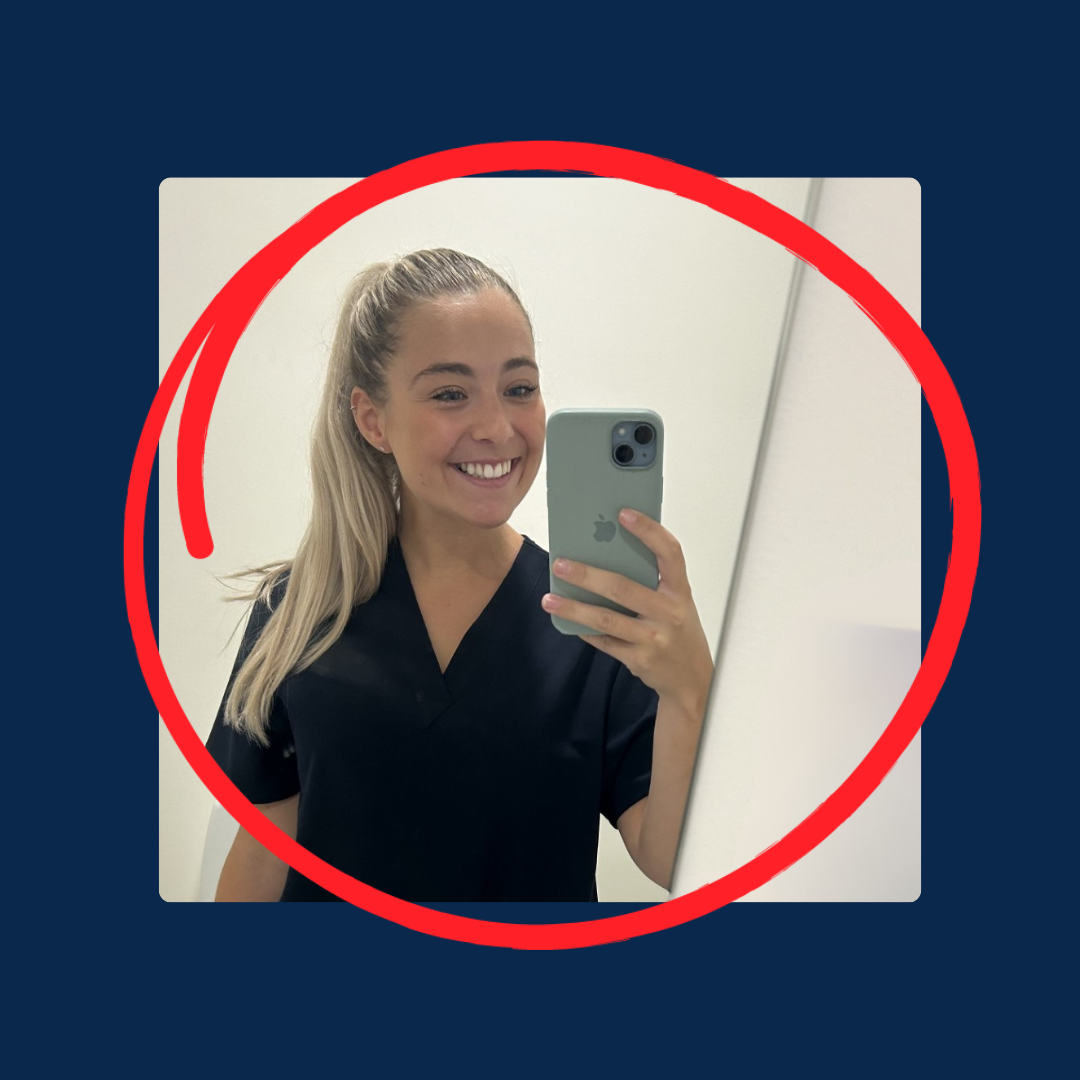5 tips for Nurses & Midwives to improve communication in PPE

More than ever, patients are relying on healthcare workers to support them in these challenging times. It is important to realise that there is fear of the unknown within the community, which is made increasingly worse by PPE, as it can be confronting to some. By adapting the way you communicate, you can make a world of difference to the patient experience. Ambiguity and confusion can be minimised and the patient is more likely to take better care of themselves upon discharge as they understand the plan for their care. Here are five ways you can improve your communication when donned in PPE.
1. Introductions
Introduce yourself clearly, ensure your name is visible and even point to it when you are verbalising. Though your name badge can be helpful, in some settings, consider its effectiveness if covered in a gown. You may need to physically write your name on your gown or face shield for easy recognition. If your patient has a whiteboard in their room/cubicle, document your name, those of your colleagues and also the plan for their care once known.
During this introductory phase, try to embed a human element into the interaction. Talking about life outside the hospital/facility such as children, pets and funny stories can break down barriers early, allowing therapeutic relationships to form.
2. Be conscious of your speaking habits
Though it’s likely you are managing competing priorities, try not to appear rushed. Being fully present and focused during each encounter helps make the patient feel valued. Deliberately slow the pace at which you are speaking and keep the message short. Focus on your breathing (in and out through your nose) and allow time for pauses in order for them to process what has been said.
After relaying an important message, validate that they understand what has been said. Consider phrases such as, “X I know that was a lot of information. In your own words can you tell me what you think is going to happen next” If there is a misunderstanding, try and word yourself in a different way.
3. How you speak matters
Consider your tone of voice. Are you being gentle, kind and honest? Some patients, particularly the elderly population, may have pre-existing health conditions that make it challenging to hear and understand verbal cues. Consider using signs, interpreters and the support of family through digital means to help clarify. Try and avoid slang or over exaggerating as this may be misinterpreted.
Though you may feel frustrated at times, having your designated breaks, preferably in a well-ventilated space can ensure you are addressing your own mental health and minimise reactive behaviours.
4. Your body language
Stand facing your patient and make eye contact. Use your hands to speak and consider creating hand gestures together to help both the staff and patient understand simple requests. These could include;
- A clenched fist to signify pain
- A circle formed with their thumb and index finger to signify they are okay
- Blinking excessively to demonstrate they need to use the bathroom
5. Can’t show your feelings? Say them
As a registered nurse or midwife, it can be hard to show empathy under PPE. Telling your patient, you understand and acknowledging their concerns or worries can have a significant impact. Another common stressor for patients is the prolonged use of wearing their own masks. Acknowledge the discomfort and encourage them to remove it when safe to do so (negative pressure environment). Remind them to change their mask every four hours (unless wet) and supply them with a new one, plus any skincare products like moisturisers, to limit the risk of pain and acquiring pressure injuries. This simple act of kindness can build relationships and minimise adverse events.
Good communication can’t take away the pain parents and families feel, but it can reduce trauma, both in the short and long term. If you require any extra support, help is available. Contact the team at First Choice Care on 1300 307 241. We are available 24 hours a day and are ready for your call.
We recommend that you follow all government advice to stay up to date the most current information.
More articles





